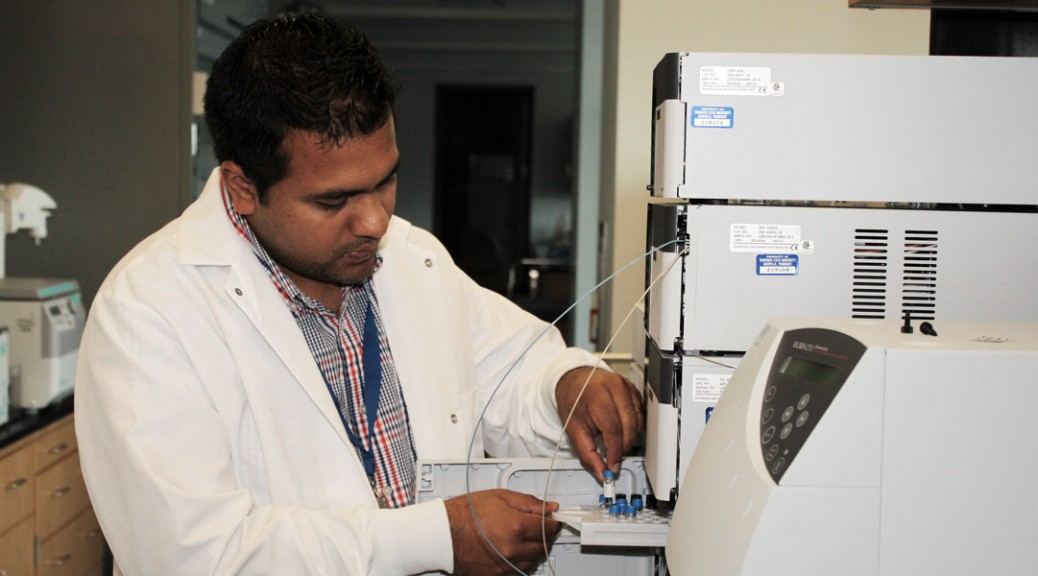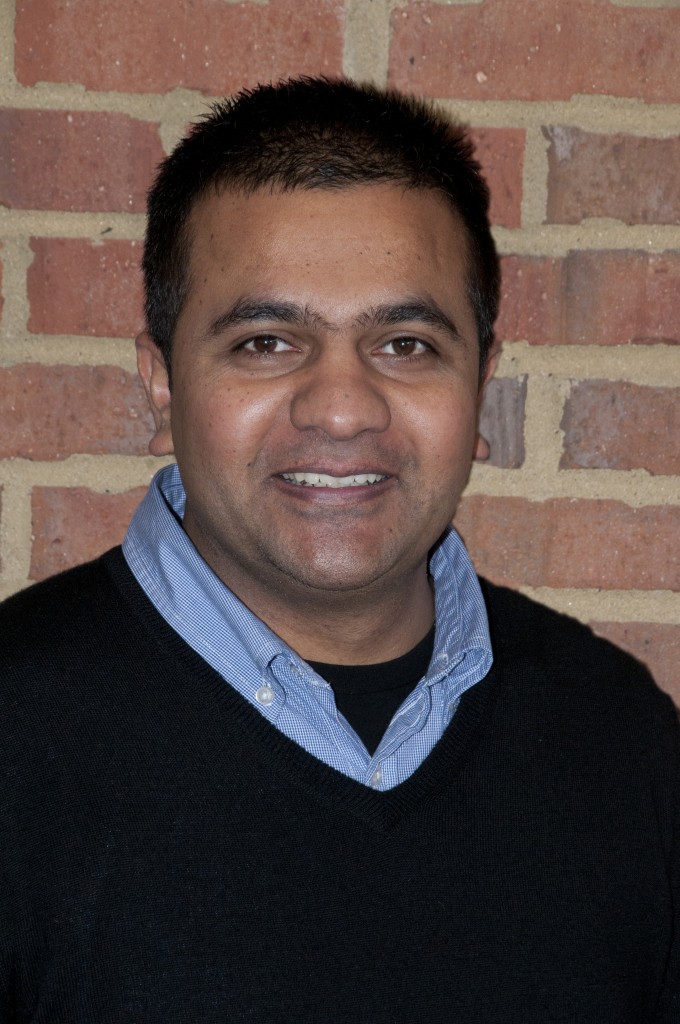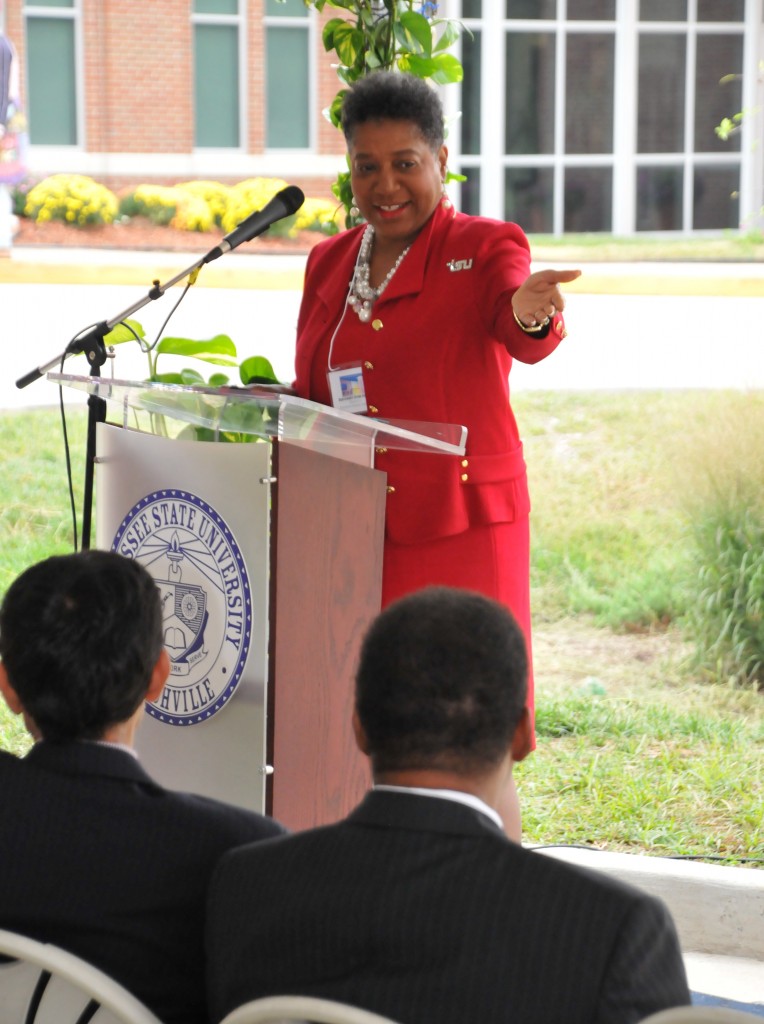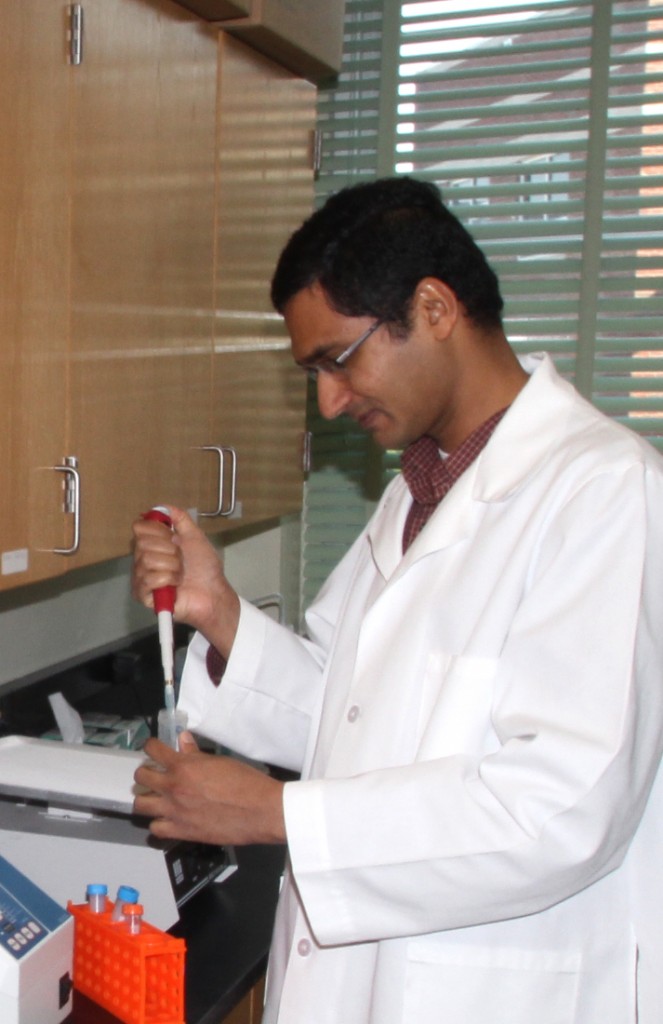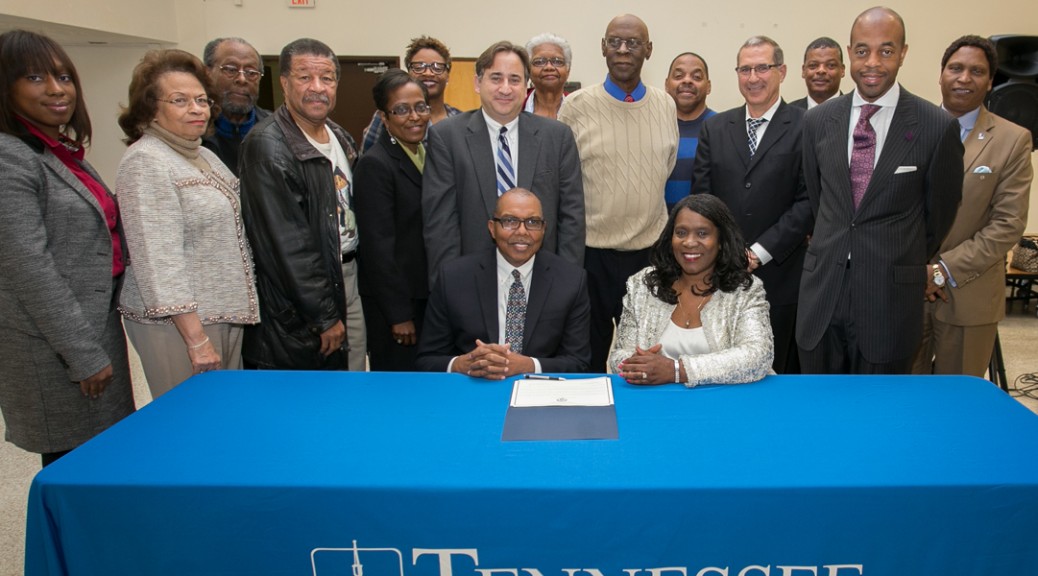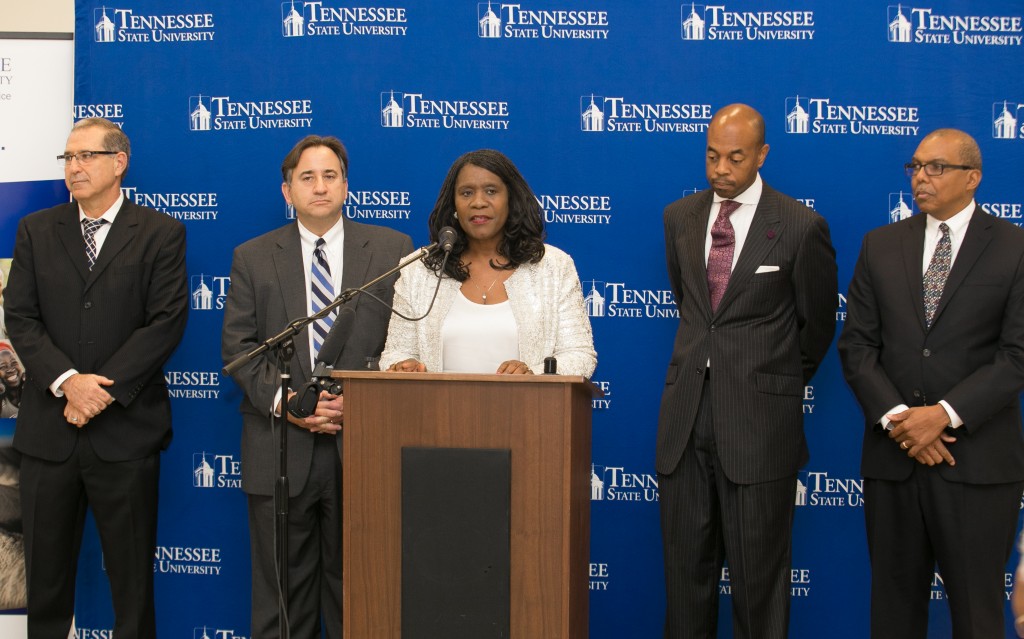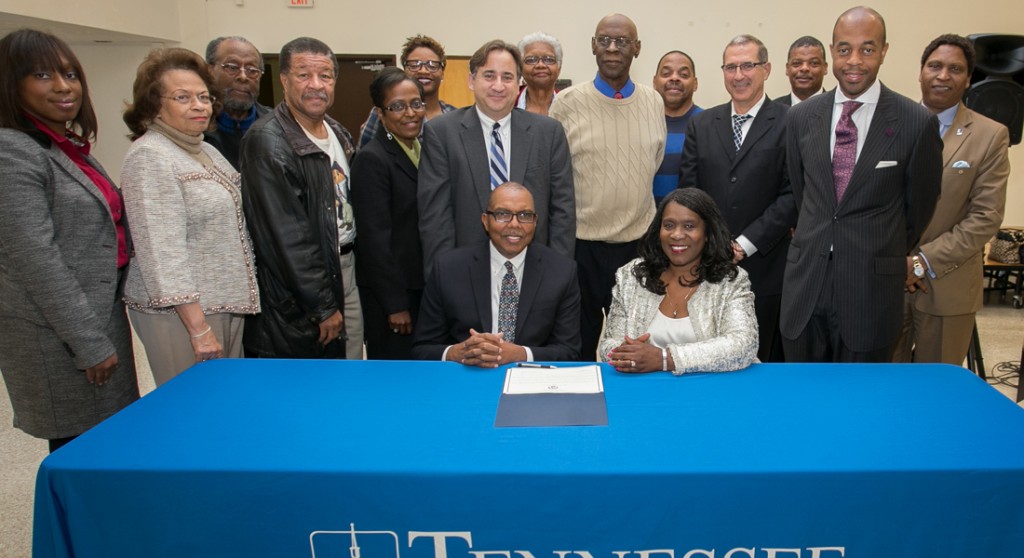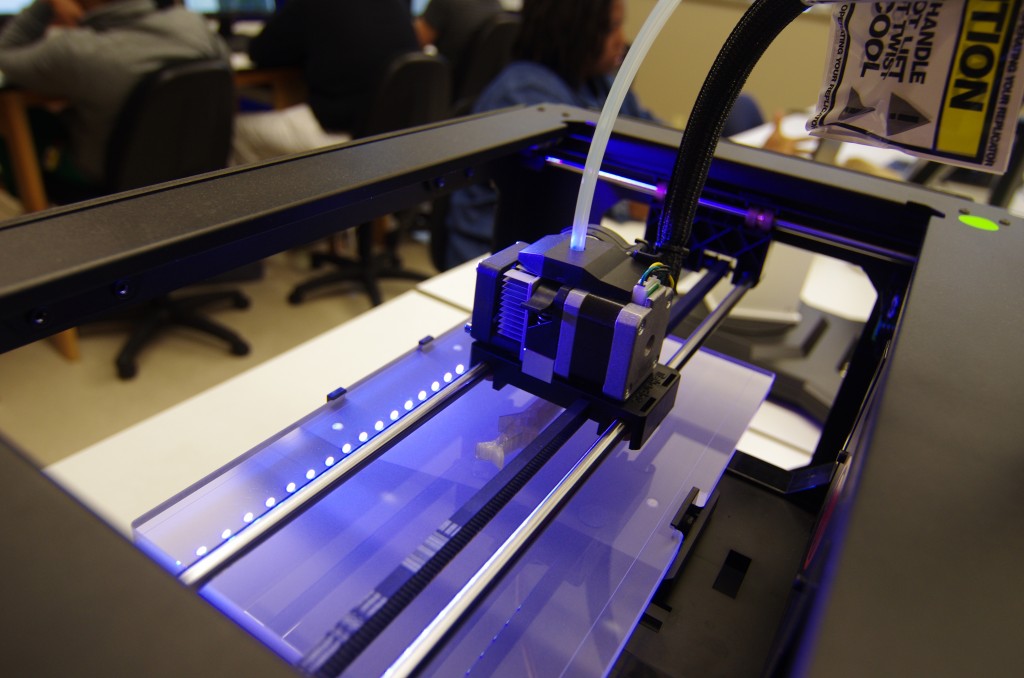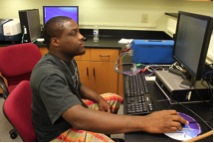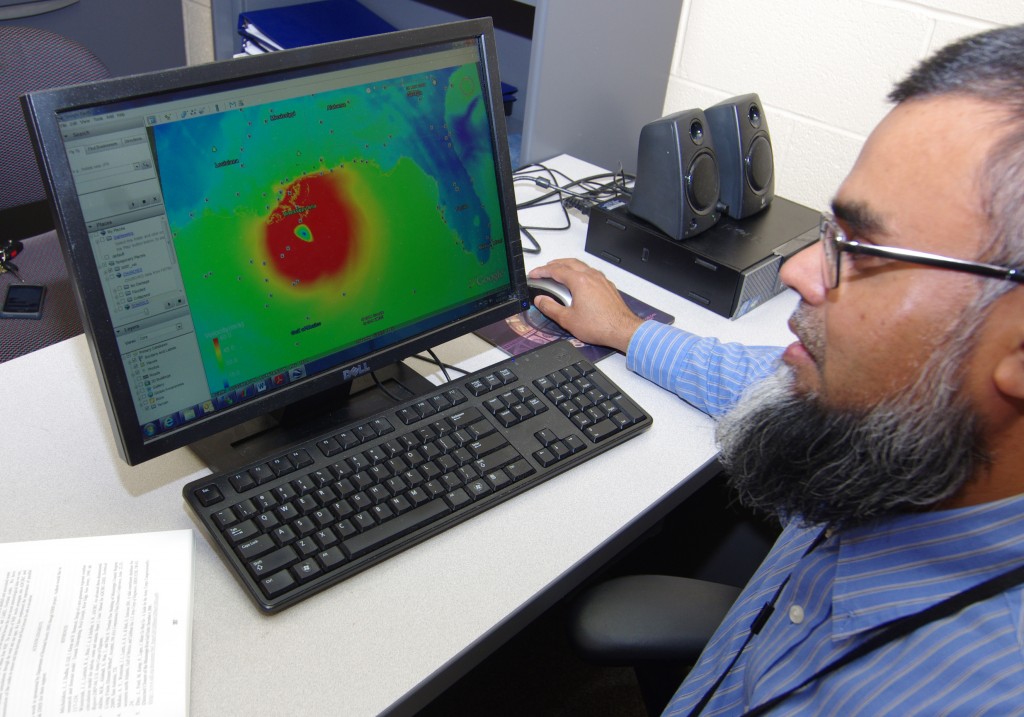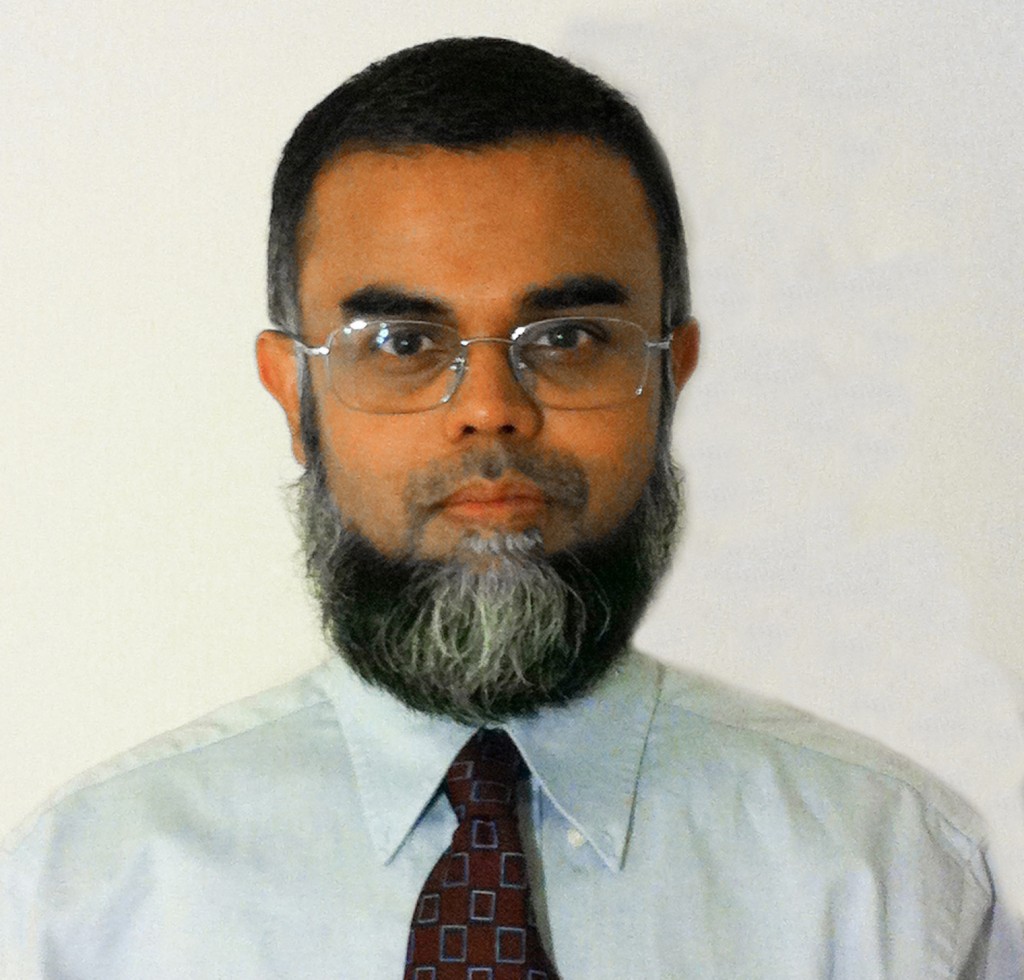NASHVILLE, Tenn. (TSU News Service) – Billed as “the next big thing,” data science, a discipline or study that combines mathematics, statistics and computer science, is becoming the leading driver in innovation, competition and productivity.
The demand for professionals in this relatively new and rising discipline is high, as universities scramble to develop comprehensive data science degree programs to graduate data scientists.
Tennessee State University is looking to play a major role in bringing about greater awareness to a discipline that reports estimate will create 4 million data science-related positions in the United States by 2018.
On April 16, the University will host the first annual workshop on data sciences that is expected to bring together more than 100 data science researchers from over 20 universities and institutions in the United States and China.
The two-day workshop on the theme, “High Dimensional Data Analysis,” is expected to bring experts from national institutions such as Harvard University, Johns Hopkins University, the University of Memphis, Tuskegee University, the University of Tennessee Knoxville, Vanderbilt University, and China’s Nanjing University of Information Science and Technology.
Speakers and participants are also expected from Middle Tennessee State University, Jacksonville University, the University of Michigan, and the University of Wisconsin-Madison.
On July 11, 2013, TSU and MTSU signed a memorandum of understanding to “develop strategic areas of research in data sciences.” The MOU called for the creation of a joint institution for data sciences that would seek to participate in and enhance faculty and student research training programs.
With funding from NASA EPSCoR, Dr. Ali Sekmen, professor and chair of the Department of Computer Science, said the data sciences workshop is an offshoot of the MOU with MTSU.
“Tennessee State University wants to be a major player in data sciences,” Sekmen said. “We have all of the various disciplines being offered on our campus, and this is the reason why we are combining our efforts with all of the key areas including computer science, mathematics, engineering, and agriculture resources to promote this workshop.”
Sekmen said the workshop would include mini lectures on mathematical background for faculty and graduate students on the first day before going into the research and technical aspects of data sciences on the second day. Additionally, there will be concurrent sessions for undergraduate students at a less technical level.
“Because of the highly technical nature of data sciences, we want to make sure everyone, especially students are on the same page when we begin to discuss the specifics of the discipline,” Sekmen said.
The workshop, also sponsored by the National Science Foundation and TN-SCORE, is free but registration is required. For registration and questions, go to http://www.tnstate.edu/computer_science/datascience/committee.aspx .
Tennessee State University
3500 John Merritt Boulevard
Nashville, Tennessee 37209
615.963.5331
About Tennessee State University
With more than 9,000 students, Tennessee State University is Nashville’s only public university, and is a comprehensive, urban, co-educational, land-grant university offering 42 undergraduate, 24 graduate and seven doctoral programs. TSU has earned a top 20 ranking for Historically Black Colleges and Universities according to U.S. News and World Report, and rated as one of the top universities in the country by Washington Monthly for social mobility, research and community service. Founded in 1912, Tennessee State University celebrated 100 years in Nashville during 2012. Visit the University online at tnstate.edu.
